We’ve recently moved to South Africa and spent time in the Joburg area before moving to Sabie. In both places we have spent time with the locals and one of the major things is race. We’ve been advised to be careful, stay in guarded places, not take Black taxis and not walk certain places after dark by both Blacks and Whites. South Africa is one of the most violent places in the world and that has real consequences here and most of it is due to the complicated history here.
What’s Sabie like?
Sabie is a country town about 6 hours away from Joburg near the Kruger National Park. It’s a strikingly beautiful place and we love it’s natural beauty, beautiful waterfalls and slow pace of life. Read our post about Life in Sabie here!
The town is about 60% Black and 30% Afrikaans and 10% everything else so their is a stark divide between black and white. Most of the blacks that we have met have been from the Swasi tribe and they mainly work in the lumber industry or the tourist/service industry.
The largest portion of whites is of course the Afrikaans and they are mainly landowners and business owners who live in gated homes and communities. There is a real sense of fear here and it has been difficult for us to hear the stories. Almost all of the Africaans people we have met have had a personal experience with crime, whether it is things stolen, their house broken into or a violent encounter. For example, the week before we arrived our host Trudie was mugged by three black men. So, the fear is present and it is real.
However, the hsitory runs deep here, as does the institutional racism. Apartheid eneded in the 90’s but the effects are still very much alive. During Apartheid the Whites literally controlled everything and displaced blacks from their homes, gave them no rights or representation and passed laws to keep them seperate. The power didn’t shift until the presidency of F.W DeClerk and the freedom of Nelson Mandela in the 80s. However, these two Nobel Peace Prize winners are not without their share of detractors on both sides of the divide. Despite DeClerk’s public apology for the evils of Apartheid, many of the Blacks never believed him and Mandela even wrote about him later with doubts as to his intentions and sincerity. Meanwhile, many of the Afrikaans people, who enjoyed complete power, felt as though he was giving their country away. On the other side, many of the Blacks also do not think of Mandela as a hero, but as a sell out who capitulated to the Whites. It’s an incredibly complicated situation…
The Afrikaans have grown up hearing stories and have learned to be afraid and they repeat those stories over and over again. As a result, they treat the blacks differently and of course this is sensed and more tension is created. There are also mixed races called the “colored” which also speak Afrikaans but in a different dialect and Indians. It is a very difficult thing for us to deal with to be honest. America has it’s share of racism to be sure, however in South Africa, one race historically had all of the power. Even though the tide has shifted, the whites are still the ones with money and property and hence…power. There literally is no middle class here… you are either White and rich, Black and poor or Black and corrupt and rich (the politicians).
For example, we made friends with a lady serving us at one point and talked with her in an effort to learn. She was very friendly and we ended up sharing photos of our kids and laughing and joking together as we learned about one another. At one point we asked her how much she made a day for her cleaning job. She told us 150 Rand. To put that in perspective as an American…. that is less than $10 for an entire days work! Now, keep in mind that the Souther African Rand is about .64 of the American dollar but still… call it less than $20 a day. Can you imagine surviving on that in America???
In addition, there is a new class developing and as this tide contiues to shift there are more and more White people moving into poverty because there are no jobs. There are over 80 homeless camps around Pretoria currently where Whites are allegedly living in squalid conditions. Lastly, South Africa is one of the most violent countries in the world and that violence continues today. One of the sectors it is high in is against farmers. These factors have people asking if there is even a future for the White Afrikaaner here in South Africa so again, there is a palpable fear here that people live in.
Many of the Afrikaaners also still support Aparteid but just believe that it went too far. However, they see that during Apartheid they flourished, the roads were paved, public transportation worked and so on. Now they see the opposite and the government is extremely corrupt. This makes it easy to gloss over the evils of Apartheid because, “things were better.” Like the American South they also defend the evils that happened by focusing on “their culture.” Their not “really racists,” they’re just using language, sybols, thoughts, names and ideas from “their culture.” We have literally been sick to our stomach at times talking to some of these people who are actually genuinely, nice, caring people who have just been deluded by a lifetime of institutional racism. They literally do not know or think that they are racist. It’s mind blowing to be honest.
Listen… we do not profess to be experts on this or even moderately educated. This is a deeply complex situation which is completely foreign to us and we confess our ignorance. In addition, South Africa is massive and we’ve only been to two different parts of it. We’re simply documenting our experience and the opinions we have about what we’ve seen and heard.
However, in the US there is a massive divide between conservative and liberal and one of the phrases that is bandied around is “White Privilege.” I have fought against this. I am a “pull yourself up by your bootstraps” kind of guy. I have always worked hard and believed that if you do so then you will succeed. However, travel educates us… I have always believed that and it’s one of the reasons why I have always yearned for travel. Today, as I write this… I have never been more aware of my “White Privilege.”

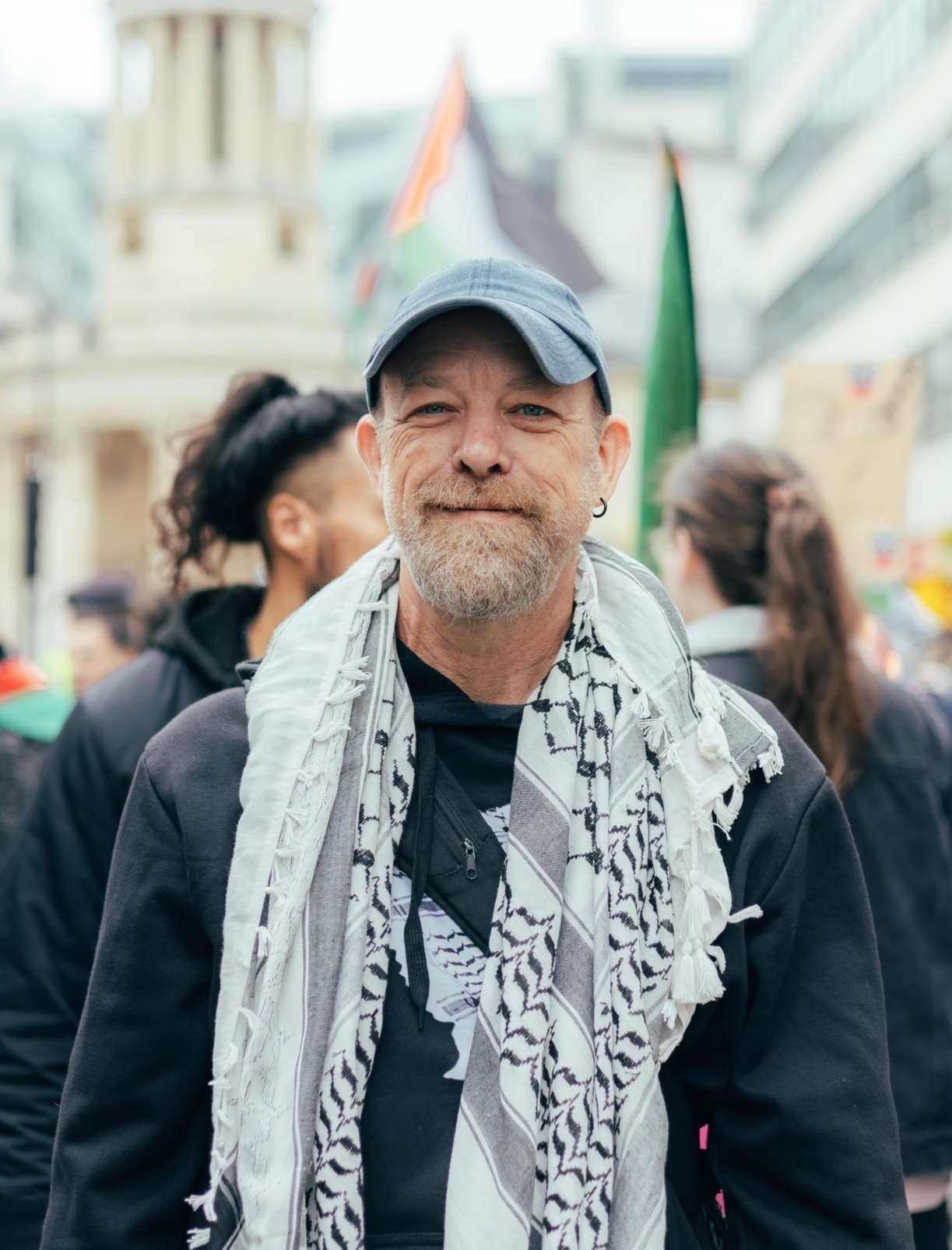
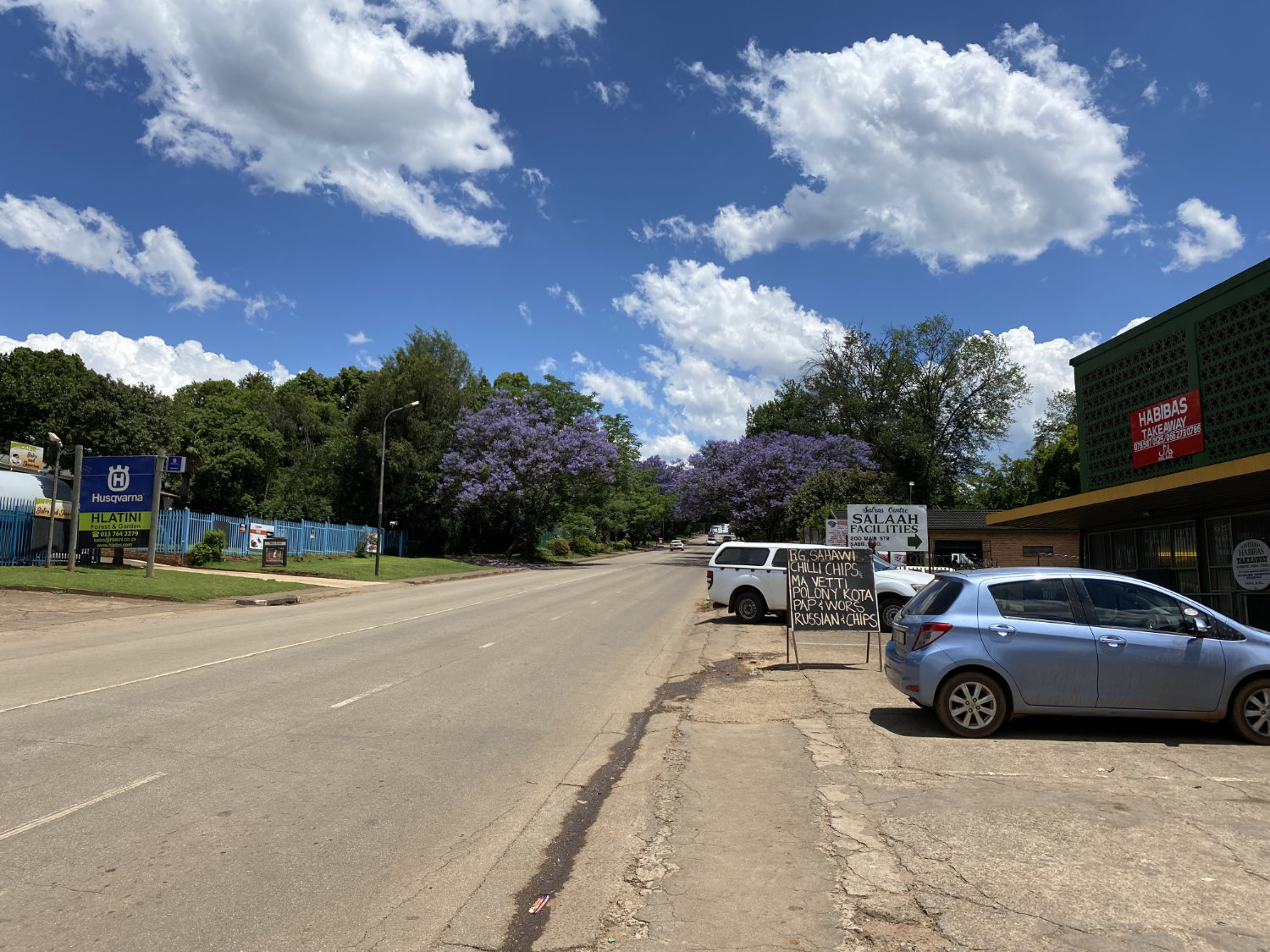
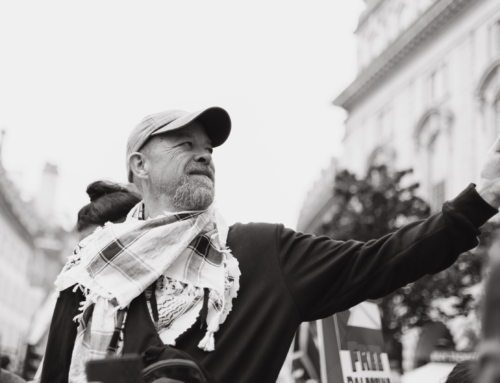
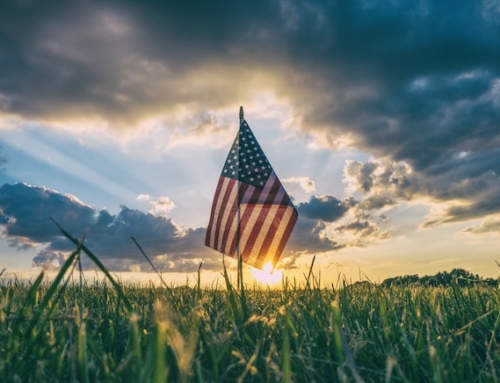
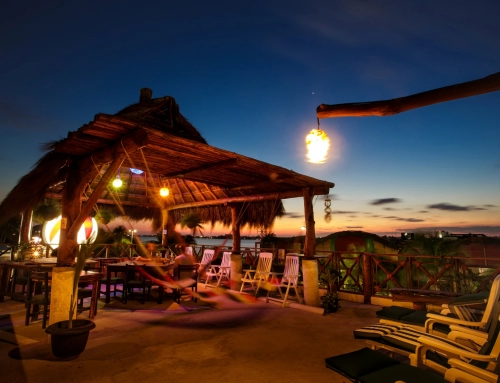
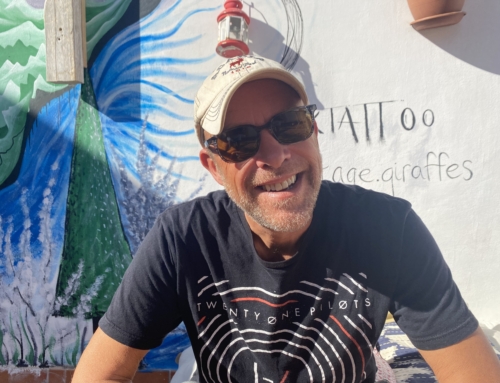
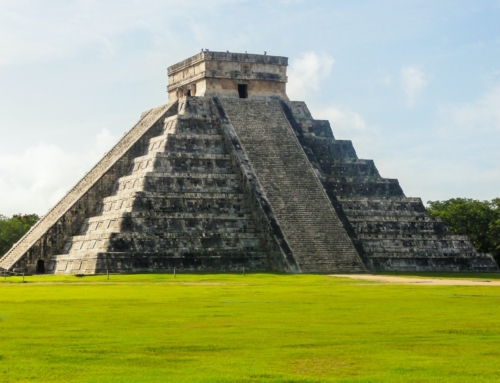
Leave A Comment